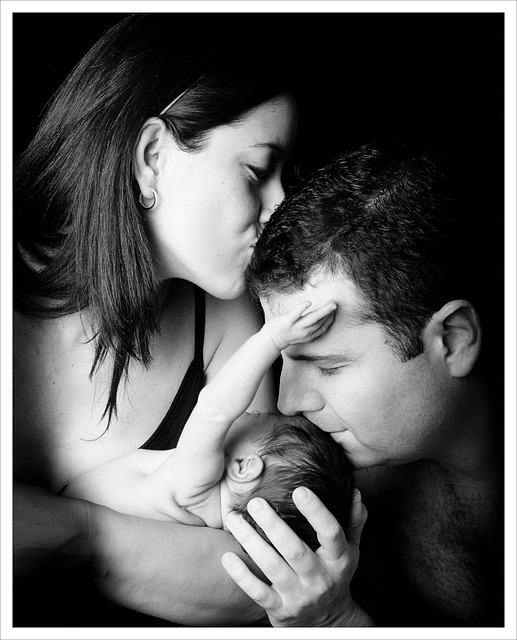Curious about the costs of egg freezing? You’re not alone! This increasingly popular option is great for those looking to preserve their fertility for future family planning. Whether it’s life circumstances or medical needs driving your decision, understanding the financial aspect is crucial. So, let’s dive into what you can expect to spend when considering egg freezing, from initial assessments to storage fees.
What is Egg Freezing?
Egg freezing is a fertility preservation method that allows you to focus on your current priorities while keeping the door open for future family planning. The process involves a partial IVF cycle, where you’ll take hormone medications at home to stimulate egg production. After that, a minor procedure under mild sedation retrieves the eggs from your ovaries. The healthy eggs are then rapidly frozen and stored until you’re ready to use them.
Why Consider Freezing Your Eggs?
If you’re thinking about delaying parenthood, this can be a smart move. As you age, the quality and quantity of your eggs decline, potentially making conception harder. Freezing your eggs while they’re still in good condition can provide you with more options later on. It’s also a viable choice if you’re facing medical treatments, like chemotherapy, or conditions such as endometriosis.
Breaking Down the Egg Freezing Process and Costs
- Fertility Assessment: The journey begins with a fertility assessment, including an anti-Mullerian hormone (AMH) blood test and an antral follicle count (AFC) scan. This initial step will cost around £485 and includes a consultation to discuss your fertility health and next steps.
- Ovarian Stimulation: You’ll self-administer hormone injections for about 10 to 14 days to stimulate egg production. Regular monitoring scans will track your progress.
- Egg Retrieval: When your eggs are ready, a trigger injection will be given. The retrieval, done through a transvaginal ultrasound aspiration, takes about 15 to 20 minutes and is performed under mild sedation.
- Freezing: After retrieval, an embryologist assesses the eggs, and healthy ones are frozen using a method called vitrification, which prevents ice crystals from forming and maintains their quality.
Cost Breakdown
Now, what will this all cost? Here’s a rough breakdown:
- Fertility Assessment: £485
- Egg Freezing Cycle: £3,695
- Storage Fee: £370 annually
Keep in mind that medication costs can vary widely among patients, and you might need multiple cycles to retrieve enough eggs, which could increase your overall expenses. Factors like age and the clinic you choose may also influence the total cost. It’s a good idea to discuss all of this with your fertility specialist during your consultation.
Payment Options
For those wondering about payment options, there are several routes available. Some people opt to self-fund, while others might consider repayment plans through clinics, or even look into NHS funding, which is typically available only when there’s a medical reason involved.
Further Reading
If you’re interested in learning more about your journey to parenthood, check out our other blog post on from solo to duo. There are also great resources available on treating infertility for anyone exploring pregnancy and home insemination. And don’t forget to consider fertility supplements to boost your chances; Make a Mom has some solid options!
Conclusion
In summary, understanding the costs and processes of egg freezing is essential for making informed decisions about your future family planning. Each part of the journey has its own financial implications, so it’s worth taking the time to assess what’s right for your situation.

